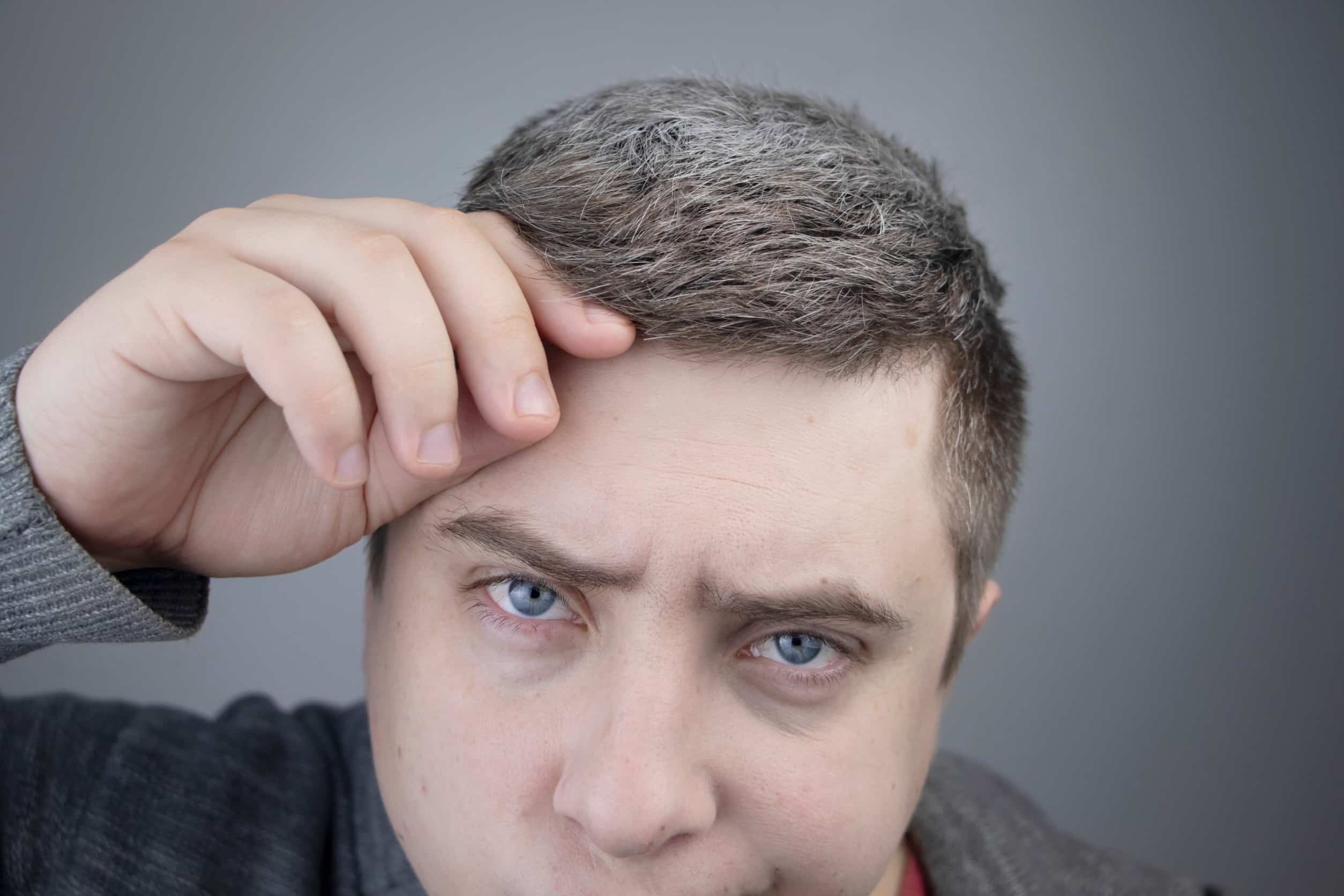People convicted of a drug crime and placed on probation or parole must undergo regular drug testing. However, the drug tests you must submit can differ. Sometimes you will be required to leave a urine sample, but sometimes you may be asked to take a hair follicle test.
What is a hair follicle test, and do you have to submit one if you’re on probation or parole? There’s a lot to understand about this drug test, so make sure you know what it is and your legal obligations.
What Is a Hair Follicle Test?
A hair follicle test is a type of test that screens a person for drugs. This test can detect which drugs a person has consumed in the last three months. This test uses a small sample of hair and screens that sample for specific drugs providing a very accurate window into the presence of drugs in a person’s system at various times over the previous 90 days.
Which Drugs Can Be Detected by Hair Follicle Testing?
Hair follicle testing can detect a wide variety of controlled substances. Follicle tests can be ordered, from five-panel to 12-panel tests. The drug substances typically screened for in this type of testing include:
- Opioids
- Marijuana
- PCP
- Cocaine
- MDMA
- Amphetamines
They can also tailor tests to screen for alcohol. This testing is reliable because it shows the use of specific substances over the last three months. That’s why the courts often utilize it as a tool to monitor the usage of drugs for someone convicted of drug crimes.
How the Testing Is Done
If you are required to submit a hair follicle test, you can expect a lab technician to collect a hair sample from you. They can use hair from your head or anywhere else on your body that is at least 1.5 to 2 inches. They then send this sample to a certified lab to complete hair follicle testing. Once the analysis is complete, a physician verifies and releases the results. Results take about two or three days if the test is negative and around five days if the test is positive.

What Are the Legal Challenges For This Type of Drug Testing?
Typically, drug testing using this method is very accurate. But if the results come back positive and you are adamant that it is wrong, your attorney can challenge the tests in a few ways.
First, different colors of hair absorb drugs differently. Darker hair often binds to the molecules in amphetamines and cocaine, for example, better than lighter hair. These results can lead to discrepancies that your attorney can point out.
Exposure to drugs can produce a false positive on this type of test. Even if someone has not used the substance in question, being somewhere the drugs are present can make the test result positive.
If you are on probation or parole for a drug crime and ordered by the court to take a hair follicle test, you should also have an attorney in your corner. Our attorneys will make sure your rights are protected.
About the Author:
Kimberly Diego is a criminal defense attorney in Denver practicing at The Law Office of Kimberly Diego. She obtained her undergraduate degree from Georgetown University and her law degree at the University of Colorado. She was named one of Super Lawyers’ “Rising Stars of 2012 & 2019-2022” and a “Top 100 Trial Lawyers in Colorado” for 2012-2022 by The National Trial Lawyers. Both honors are limited to a small percentage of practicing attorneys in each state. Additionally, Expertise names her to its lists of the 25 Best Denver DUI Lawyers and 21 Best Denver Criminal Defense Lawyers, both in 2020-2022. Ms. Diego has also been recognized for her work in domestic violence cases.





